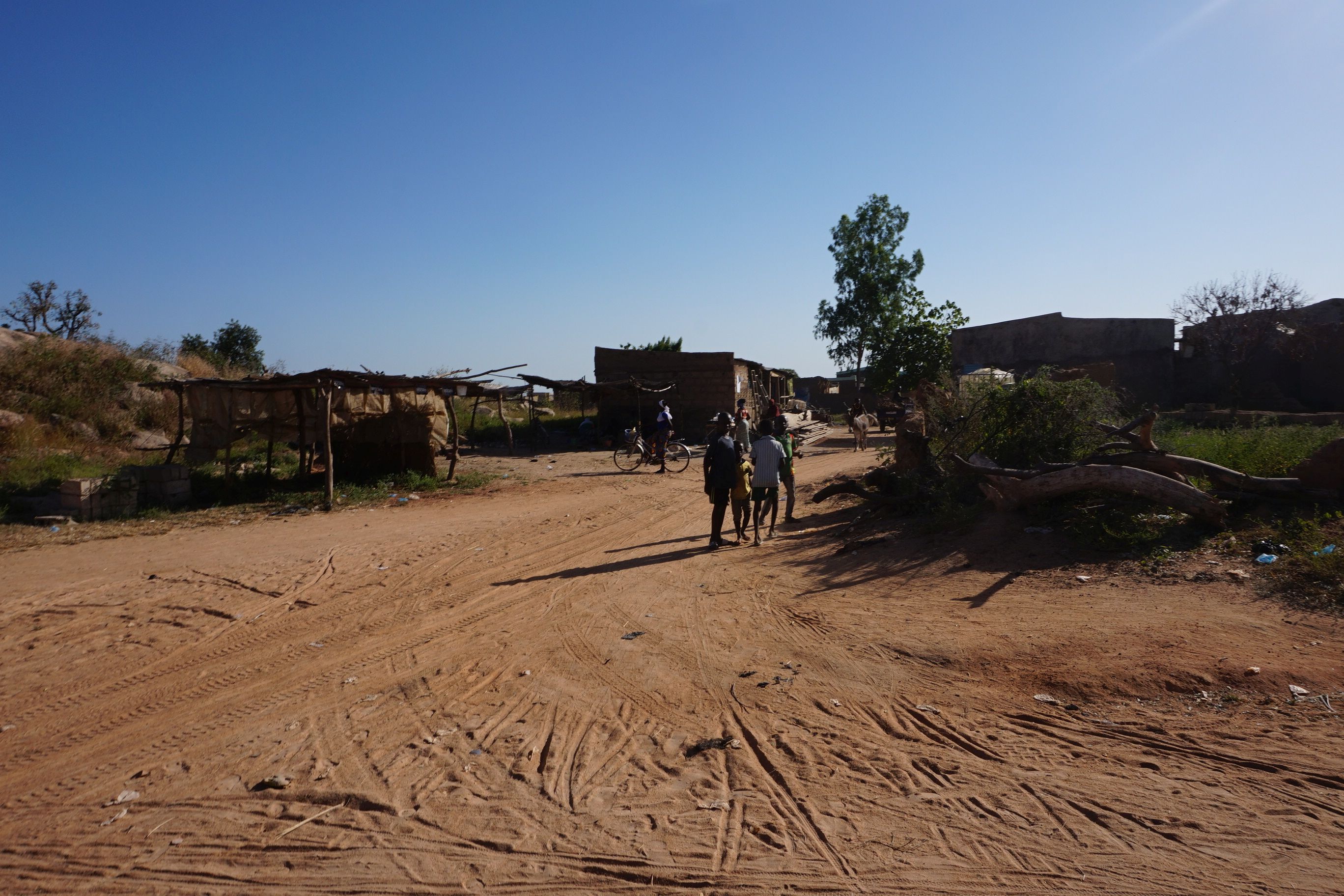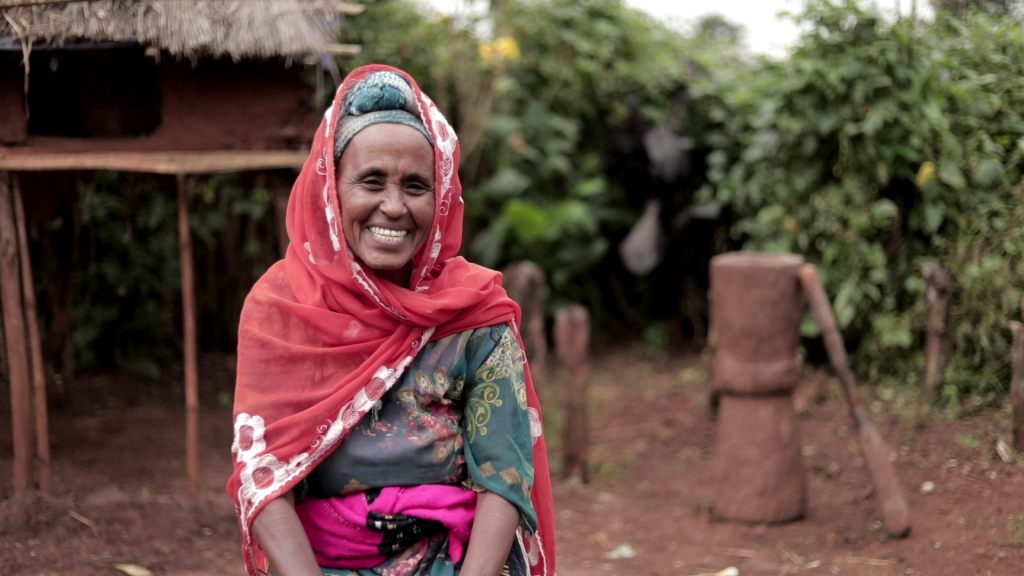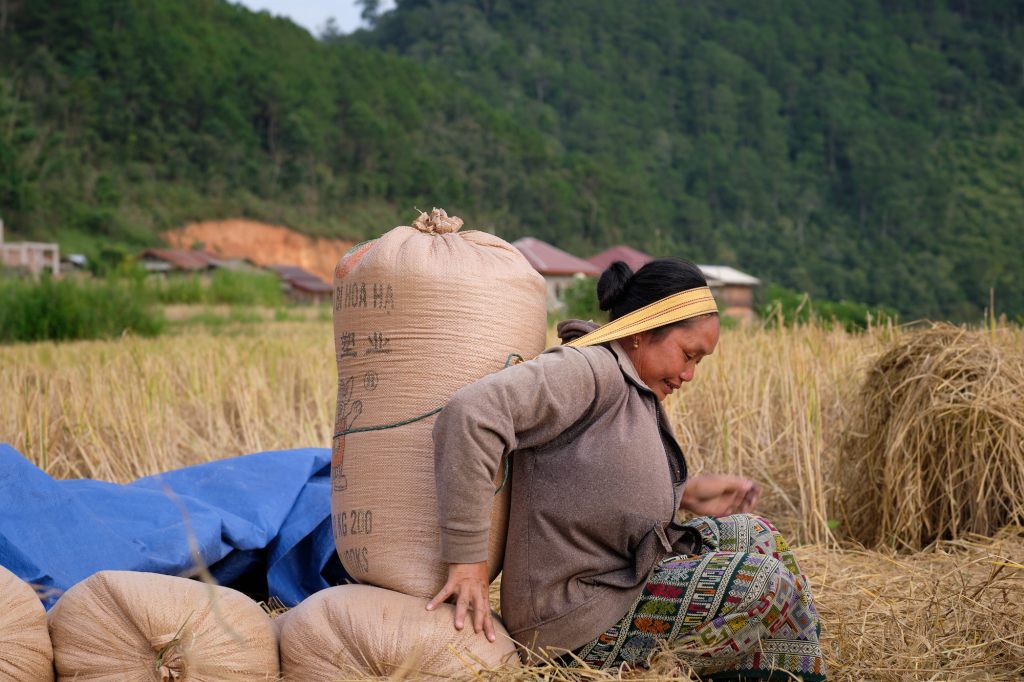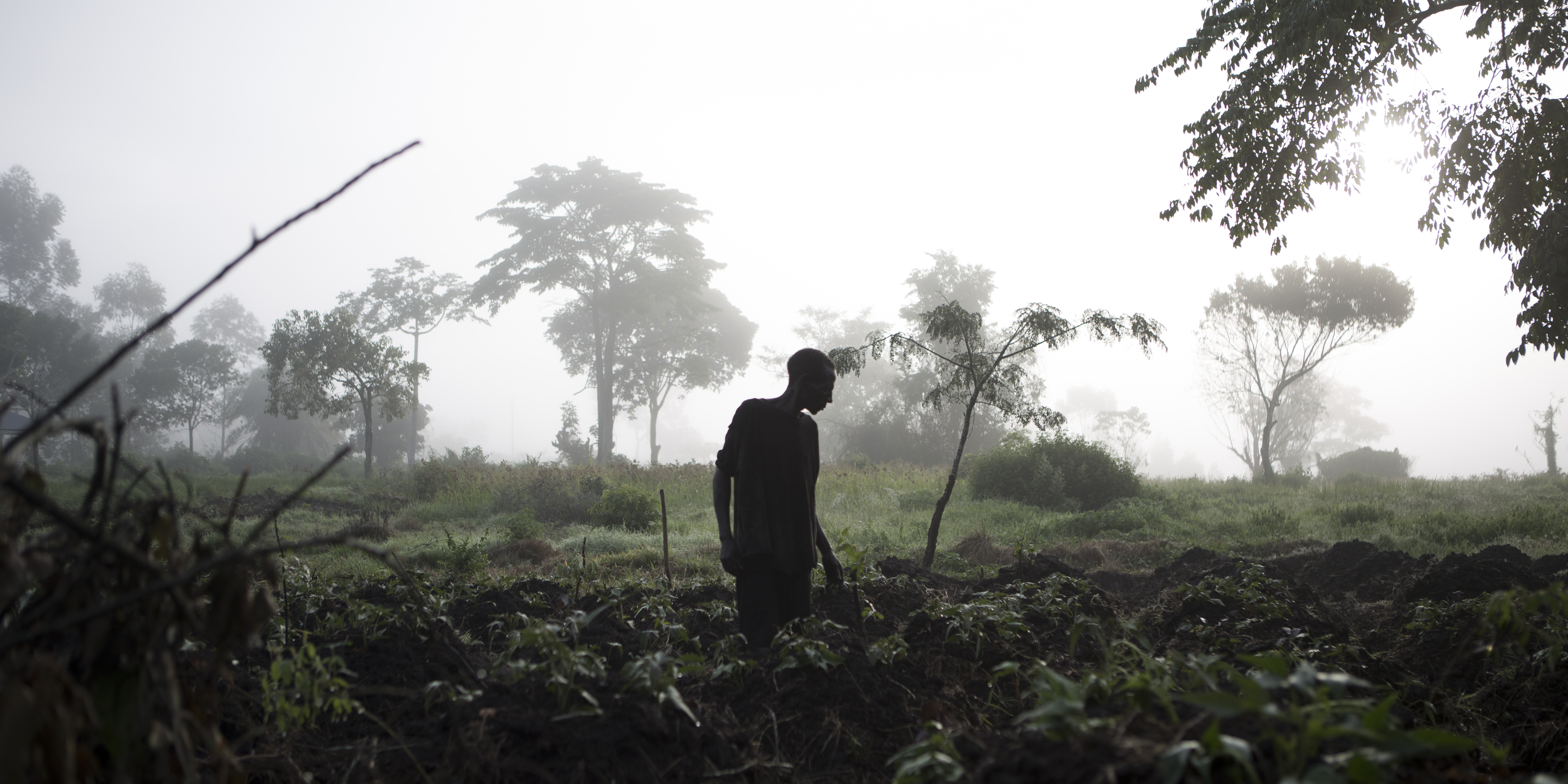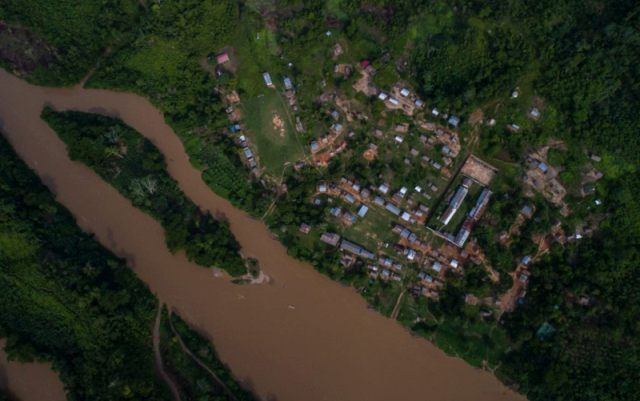Sécurisation Foncière des Espaces Forestiers à Madagascar
Une approche intersectorielle au service des forêts, des communautés et des institutions.
The GPRLP contributes to global sustainable development goals by improving land tenure security. The project improves the land ownership and land use rights of about 2,500,000 people in the partner countries. Particular attention is paid to the rights of women and marginalised groups, such as indigenous peoples. The objective is to support people in improving their livelihoods through secure and fair access to land and in developing long-term economic prospects in rural areas. The project is currently implemented in Burkina Faso, Cameroon, Côte d’Ivoire, Ethiopia, Madagascar, Niger and Uganda (previously also in Benin, Laos, Peru and Paraguay).
The three intervention areas of the GP are:
Securing land rights for the rural population through improved institutional capacities and procedures.
Promoting the participation of civil society in responsible land policy
Improving the framework conditions for responsible private agricultural investment
The livelihoods of large parts of the world’s population depend directly on access to land. If access is denied, the results are often hunger and underdevelopment. According to UN World Food Programme estimates, half of the 815 million people suffering from hunger in 2017 were members of smallholder families. Many landowners and land users possess only informal or traditional land rights, which are often not sufficiently recognised.
The global programme has already been able to strengthen the land rights of over 584.000 small farming households. Of these, more than 371.000 households (63%) have registered their land rights in the name of the woman or together as a couple. Over 60.400 households of marginalized groups have received land ownership rights (e.g. property titles, long-term leases, certificates) that are recognised by the state and traditional authorities.
Here on Landportal, the GPRLP shares its knowledge products, which come directly from the projects in the countries. These include good practices, impact stories, as well as manuals and guidebooks on topics like tenure security, dispute resolution and implementation strategies.
Our country projects, related content like news and blog posts, and resources from the global programme are all available to explore below.
The country pages linked below provide comprehensive information on the specific projects, their resources, and the results and impacts achieved to date.
To find out about the GPRLP you can read more about it here:
Reliable access to land plays a central role in food security and poverty reduction as well as for the sustainable use of natural resources. In contrast, poorly defined land use rights encourage conflicts between different population and land user groups and prevent investment in the conservation and restoration of biodiverse landscapes.
Context Burkina Faso is one of the poorest countries in the world. In 2019, it ranked 182nd out of 189 countries on the United Nations Human Development Index (HDI). 70% of the population lives in rural areas and is highly dependent on agriculture. However, almost no agricultural land is registered or legally recognized. This can threaten farmers' rights to use the land they cultivate and thus their entire livelihood.
With around 7.3 million inhabitants, Laos is relatively sparsely populated. The poverty rate in Laos continues to fall and is now around 18% according to the World Bank (2019). Over 70% of Laotians depend directly or indirectly on agriculture and forestry for their living. Almost half of all farming families rely on subsistence farming. To drive forward the country’s development, the Lao Government is investing in agriculture and forestry, mining, and hydropower.
Benin has 12 million inhabitants (growing 2.8% yearly) and a population density of 105 inhabitants per km². A large part of the population – around 70% – earn their living from agriculture which accounts for one third of Benin’s Gross Domestic Product. Unfortunately, lack of knowledge of the land law hinders urgently needed investment in rural areas. Less than 2% of the farmed land is protected by land titles. And of those titles less than 1% are owned by women. The informal land use system is largely unable to cope with the growing pressure on agricultural land.
Projets dans ce programme
Partners

